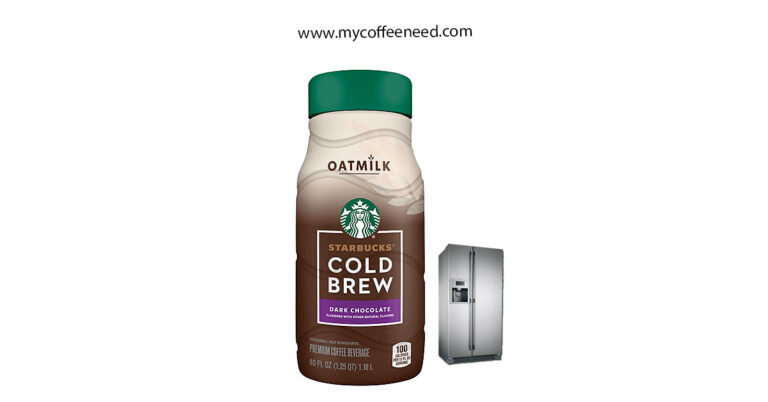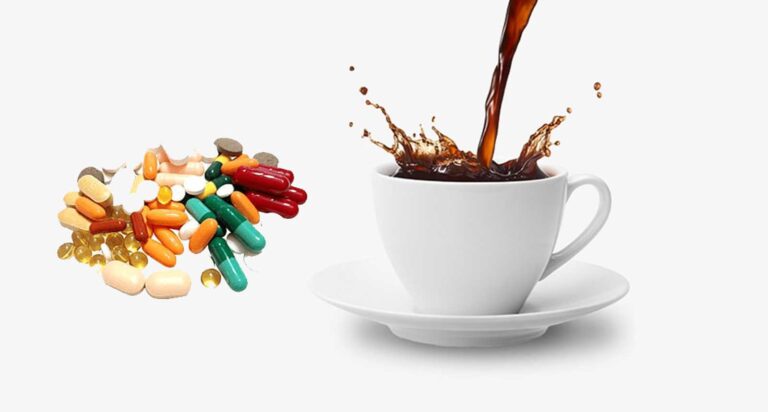Is Decaf Coffee Good for You? 7 Benefits, Risks, and Expert Insights
Is decaf coffee good for you? Decaf coffee has gained popularity among those seeking a caffeine free alternative without sacrificing the rich flavors of coffee. Many wonder about its impact on health.
Understanding the nuances of decaf coffee’s effects can help individuals make informed choices about their daily brew. Its nutritional profile, potential benefits and any associated risks unveils a clearer picture of its place in a balanced diet.
7 Health Benefits Of Decaf Coffee
Decaf coffee offers a variety of health benefits that make it an attractive choice for many individuals. Here are seven reasons why incorporating decaf coffee into your routine can be beneficial.
Reduced Caffeine Intake
Decaf coffee allows coffee enthusiasts to enjoy the taste and aroma of coffee without the stimulating effects of caffeine, making it suitable for those sensitive to caffeine or looking to reduce their intake.
Antioxidant Properties
Like regular coffee, decaf coffee contains antioxidants that help protect cells from damage caused by free radicals, potentially reducing the risk of chronic diseases such as heart disease and cancer.
Improved Heart Health
Studies suggest that moderate consumption of decaf coffee may contribute to heart health by lowering the risk of heart disease and stroke, thanks to its antioxidants and anti-inflammatory properties.
Lowered Acid Intake
Decaf coffee is often less acidic than regular coffee, which can be gentler on the stomach and may help alleviate acid reflux and other digestive issues for some individuals.
Maintained Hydration
While caffeinated beverages like coffee can contribute to dehydration, decaf coffee provides hydration without the diuretic effects of caffeine, helping to maintain fluid balance in the body.
Potential Blood Sugar Regulation
Some research indicates that decaf coffee may help regulate blood sugar levels and improve insulin sensitivity, which could be beneficial for individuals with diabetes or those at risk of developing the condition.
Reduced Anxiety and Sleep Disturbances
For individuals sensitive to caffeine or prone to anxiety or sleep disturbances, switching to decaf coffee can help promote relaxation and better sleep quality without the jittery side effects of caffeine.
Incorporating decaf coffee into your daily routine can offer these health benefits while still allowing you to enjoy the comforting ritual of coffee consumption. However, it’s essential to remember that individual responses to decaf coffee may vary and moderation is key to reaping its advantages.
Is It OK To Drink Decaf Coffee Every Day?
Decaf coffee is generally considered safe for daily consumption for most people. However, several factors should be considered when deciding whether to make decaf coffee a part of your daily routine.
Caffeine Sensitivity
One of the primary reasons people choose decaf coffee is to reduce their caffeine intake. If you’re sensitive to caffeine or trying to limit your consumption due to health reasons, decaf coffee can be a suitable alternative.
Health Considerations
Decaf coffee offers many of the same health benefits as regular coffee, such as antioxidants and potential cardiovascular protection. However, if you have specific health conditions, such as acid reflux or gastrointestinal issues, decaf coffee may be a better option due to its lower acidity.
Hydration
Unlike caffeinated beverages, decaf coffee doesn’t have a diuretic effect, meaning it won’t cause excessive fluid loss. This makes it a suitable choice for maintaining hydration levels throughout the day.
Moderation
While decaf coffee is generally safe, moderation is key. Consuming excessive amounts of any beverage, including decaf coffee, can lead to negative health effects. It’s essential to balance your intake and not rely solely on decaf coffee for hydration or as a substitute for other beverages.
Individual Tolerance
Everyone reacts differently to substances like caffeine, even in small amounts. Some individuals may experience side effects such as headaches, jitteriness or sleep disturbances from decaf coffee due to other compounds present in coffee beans or individual sensitivities.
Quality and Preparation
The quality of decaf coffee and how it’s prepared can impact its overall healthfulness. Opting for organic, naturally decaffeinated coffee beans and avoiding excessive sugar or artificial additives in your coffee can contribute to a healthier beverage choice.
Drinking decaf coffee every day can be part of a balanced and healthy lifestyle for many individuals. However, it’s essential to consider factors such as caffeine sensitivity, overall health, hydration needs, moderation, individual tolerance and the quality of the coffee.
As with any dietary choice, it’s always a good idea to consult with a healthcare professional if you have specific concerns or medical conditions that may affect your coffee consumption.
Risks Of Drinking Decaf Coffee
Decaf coffee is generally considered safe for consumption and offers many of the same potential health benefits as regular coffee. However, there are a few risks associated with drinking decaf coffee that individuals should be aware of.
Acidity
While decaf coffee is lower in acidity compared to regular coffee, it can still be acidic. For individuals with gastrointestinal issues like acid reflux or GERD (gastroesophageal reflux disease), the acidity in decaf coffee may aggravate symptoms. It’s essential to monitor how your body reacts to decaf coffee and consider alternatives if you experience discomfort.
Additives and Processing Methods
Some decaf coffee brands may use chemical solvents or other additives during the decaffeination process. While these substances are generally considered safe in small amounts, individuals with sensitivities or allergies to certain chemicals may experience adverse reactions.
Opting for decaf coffee that uses natural decaffeination methods or is labeled as organic can help mitigate this risk.
Potential Health Effects
While decaf coffee offers many potential health benefits, excessive consumption can still have negative effects. Drinking large amounts of decaf coffee may lead to issues such as increased heart rate, digestive disturbances or sleep disturbances for some individuals. Moderation is key to avoiding these potential risks.
Quality and Contaminants
The quality of decaf coffee can vary depending on factors such as the source of the beans, the decaffeination process used and storage conditions.
Lower quality decaf coffee may contain contaminants such as mold, mycotoxins or pesticide residues, which can pose health risks if consumed regularly. Choosing high quality decaf coffee from reputable brands can help minimize this risk.
Potential for Addiction
While decaf coffee contains significantly less caffeine than regular coffee, it still contains trace amounts of caffeine. For individuals trying to reduce their caffeine intake or break free from caffeine addiction, switching to decaf coffee may not fully address the underlying issue.
It’s essential to be mindful of caffeine consumption and seek support if needed to manage caffeine dependence.
While decaf coffee is generally considered safe for most individuals, there are potential risks associated with its consumption, including acidity, additives, potential health effects, quality issues and the presence of trace amounts of caffeine.
By being aware of these risks and moderating consumption, individuals can enjoy the benefits of decaf coffee while minimizing potential negative effects on health and well being.
Conclusion
In conclusion, decaf coffee can be a healthy and enjoyable addition to your daily routine, offering various benefits without the stimulating effects of caffeine. From reduced caffeine intake to potential heart health advantages, decaf coffee provides a flavorful alternative for coffee enthusiasts.
However, individuals should be mindful of acidity, processing methods and the need for moderation. By choosing high quality decaf coffee and paying attention to personal tolerances, one can savor the rich experience of coffee without compromising well being.
Ultimately, Is decaf coffee good for you? invites a nuanced consideration of individual preferences and health needs.







